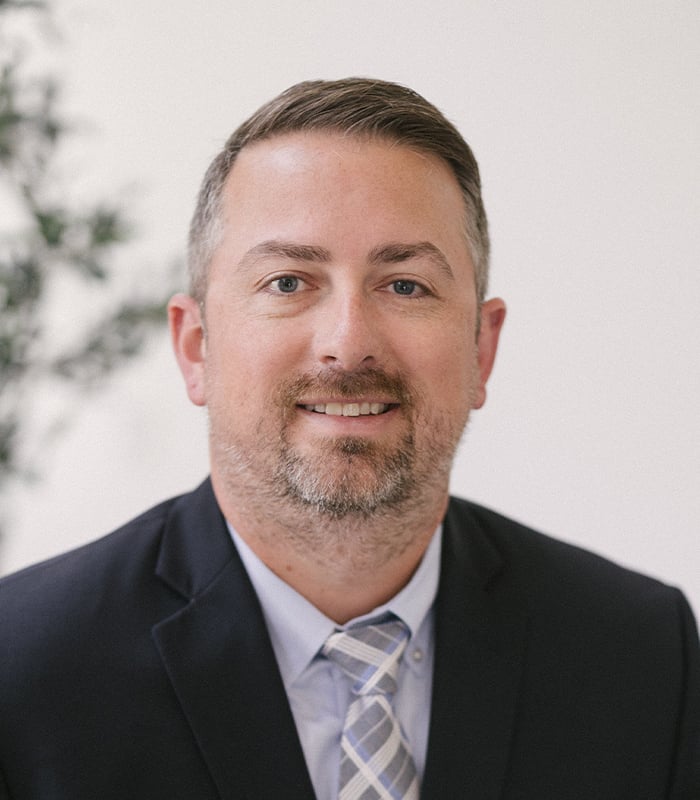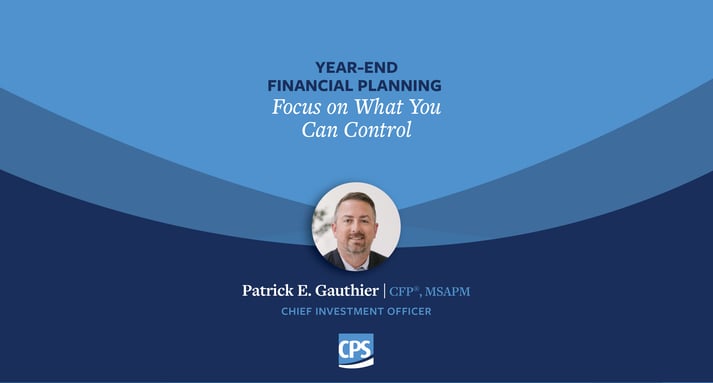Celebrating International Financial Independence Awareness Day
Congratulations on successfully navigating another tax season! With your financial details freshly organized, it's worth noting that April 25th marks International Financial Independence Awareness Day. This timely occasion encourages you to contemplate money management strategies beyond relying solely on a job for income. For most, financial independence means having enough income from assets to cover their everyday expenses. The goal is to reach a point where you work because you want to, not because you have to.
Here are some simple steps to get started:
Know Where You Stand: Before charting a course toward financial independence, it's crucial to assess your current financial standing. This time of year, you should have your most recent financial details in order. Understanding where you stand financially serves as a solid foundation for setting goals and crafting a plan for the future.
Know Your Goals: Figure out what you want in life, like buying a home, going to college, or traveling. Your money goals should help you achieve these dreams. Money should be the means to reaching your goals, not the goal itself.
Track Your Spending: Keep an eye on where your money is going. Are your expenditures in line with your established goals? A strict budget for things that deter building wealth is necessary. Look for ways to save money by cutting out things you don't need, like extra subscriptions or eating out too often.
Build a Starter Emergency Fund: Life can be unpredictable; you can’t always control things like car repairs or medical bills. An emergency fund allows you to handle those items without taking on debt. Even $1000 in the bank is enough to handle most unplanned expenses.
Grow Your Safety Net: Once you have a small emergency fund, work on saving enough to cover six to twelve months of living expenses. This can help you feel more secure in case something unexpected happens, like needing a new roof as a result of a hurricane.
Prioritize Saving: Make it a habit to pay yourself first by setting aside a portion of each paycheck for savings. If your employer offers a retirement plan like a 401(k), seize the opportunity. Many employers match a portion of your contributions, find that number, and contribute at least that amount. Don’t leave free money on the table.
Pay Off Debts: If you have high-interest debts, like credit cards or loans, develop a plan to pay them off as soon as you can. This will not only save you money and stress but will free up cash flow to use toward other goals.
Accelerate Investing: This is where the fun begins. Take full advantage of your 401(k) by maximizing your annual contribution. The limit this year is $23,000, plus a $7500 catch-up contribution for those over 50. If a 401(k) is not available, speak with your advisor about the best available options. Refer back to your goals and determine where investing for non-retirement goals is appropriate.
Financial independence isn't just for experts—it's something anyone can work towards with the right mindset and a bit of planning. Take some time on International Financial Independence Awareness Day to think about your own financial goals and how you can start working towards them. Your trusted advisor should be your first resource in starting your plan. Financial independence is possible for everyone—start your journey today!







